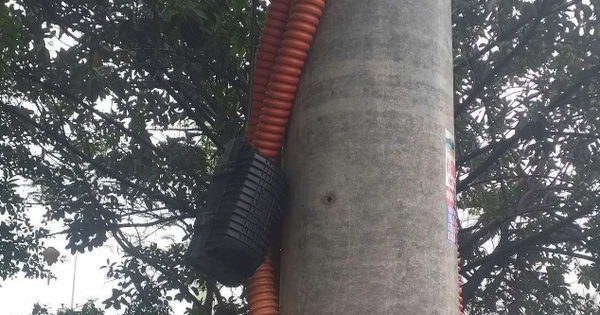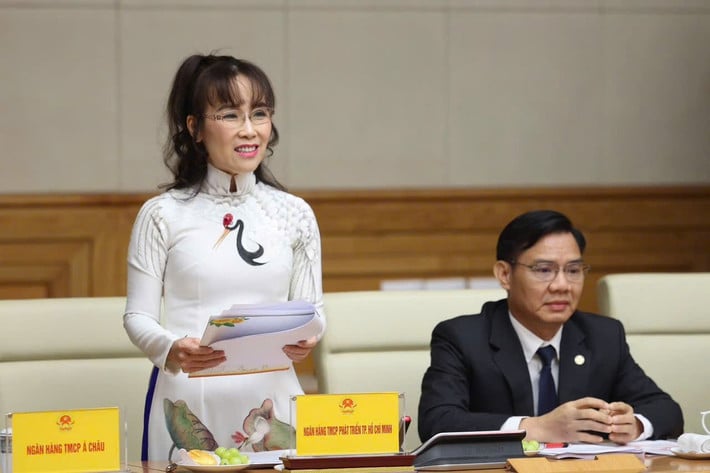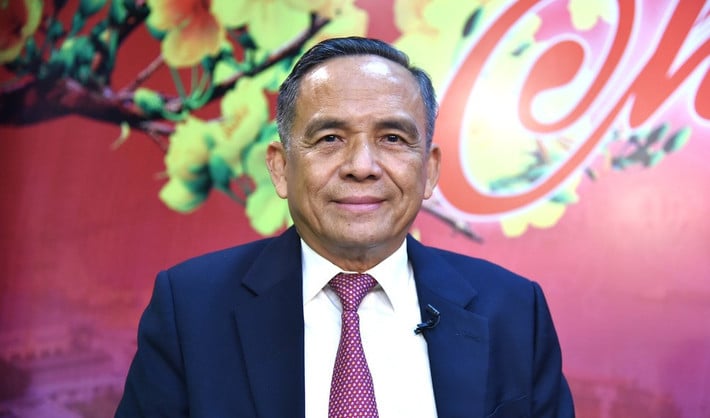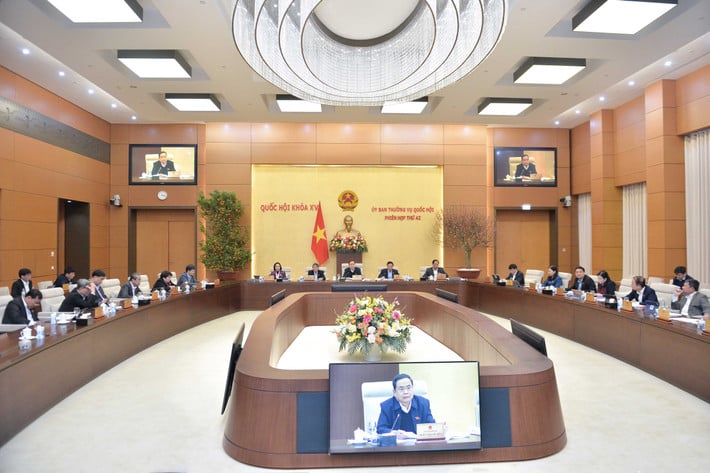From the budget revenue, the State can invest in heritage conservation, build cultural infrastructure, and organize art events, contributing to nurturing the soul and arousing national pride. Tax is not only an economic tool, but also a key to opening the door to art and culture for all social classes. Reasonable tax policies help reduce the cost of cultural products, thereby bringing culture and art closer to all people. Preferential tax policies can also encourage artistic creation projects, heritage conservation, creating an environment for sustainable cultural development.
Tax is not only an obligation, but also an opportunity for us to build a bright cultural future, where everyone can be proud of the cultural values of the nation. In some countries, although there is no ministry in charge of culture, thanks to flexible and appropriate tax policies, their cultural and artistic fields are very developed, creating conditions to spread national values, images, and brands, thereby reaping huge economic benefits.
In our country, through many studies, conferences, and seminars, it has been shown that there is a "bottleneck" in taxes in supporting and mobilizing resources for cultural development. Therefore, tax exemption and reduction (or at least maintaining the tax rate) is a specific, practical, and sincere solution that we can do to develop culture, thereby creating conditions to revive social ethics and develop the country sustainably from culture.
Looking at the draft Law on Value Added Tax (amended), expected to be submitted to the National Assembly for its first comments at the upcoming October session, there are still some shortcomings.
Firstly , Article 5 stipulates non-taxable subjects, including maintenance, repair and construction activities using capital contributed by the people, humanitarian aid capital (accounting for 50% or more of the total capital used for the project) for historical - cultural relics, scenic spots, cultural and artistic works, etc. (Clause 12). Thus, it can be understood that in cases where capital contributed by the people, humanitarian aid capital accounts for less than 50%, value added tax must still be paid. Such regulations do not encourage contributions from these support sources. If there are problems in the current law, then amend the law, not just because it is correct but there are problems, then do not implement it.
Second , the draft Law only exempts value-added tax for relics, antiques, and national treasures imported by competent state agencies (Article 5, Clause 26, Point e). It is thought that collectors and individuals who purchase Vietnamese antiques from abroad, thereby proving national sovereignty over culture and history, and preserving cultural and historical values of the nation, should be encouraged. Value-added tax should be exempted for relics, antiques, and national treasures of Vietnam that individuals import; tax should only be levied when they buy and sell non-Vietnamese antiques domestically or for export.
Third , cultural activities, exhibitions, physical education, sports, art performances, film production, film import, distribution and screening are enjoying a value-added tax rate of 5% according to Point n, Clause 2, Article 8 of the 2008 Law on Value Added Tax. These are areas that help improve people's spiritual lives and deserve tax incentives. However, in the draft Law on Value Added Tax (amended), these goods and services are removed from the list of goods and services enjoying a 5% tax rate, meaning they will be subject to a tax rate of 10% (Clause 3, Article 9, draft Law). I don't understand why, after so many resolutions of the Party, policies of the State, and opinions of Party and State leaders that cultural development needs to be prioritized, we are doing the opposite and increasing the tax to 10%? The drafting agency should maintain the current 5% tax rate to contribute to cultural development and improve people's spiritual life.
Exempting and reducing value added tax for cultural products and services is not only a financial policy, but also an important step forward in promoting the country's cultural development. By supporting culture through reasonable tax policies, we are investing in the spiritual foundation of society, building a strong, diverse and sustainably developing cultural community, contributing to building a rich, prosperous, civilized and happy country.
Source: https://daibieunhandan.vn/chinh-sach-va-cuoc-song/van-hoa-va-thue-gia-tri-gia-tang-i387005/




























































Comment (0)